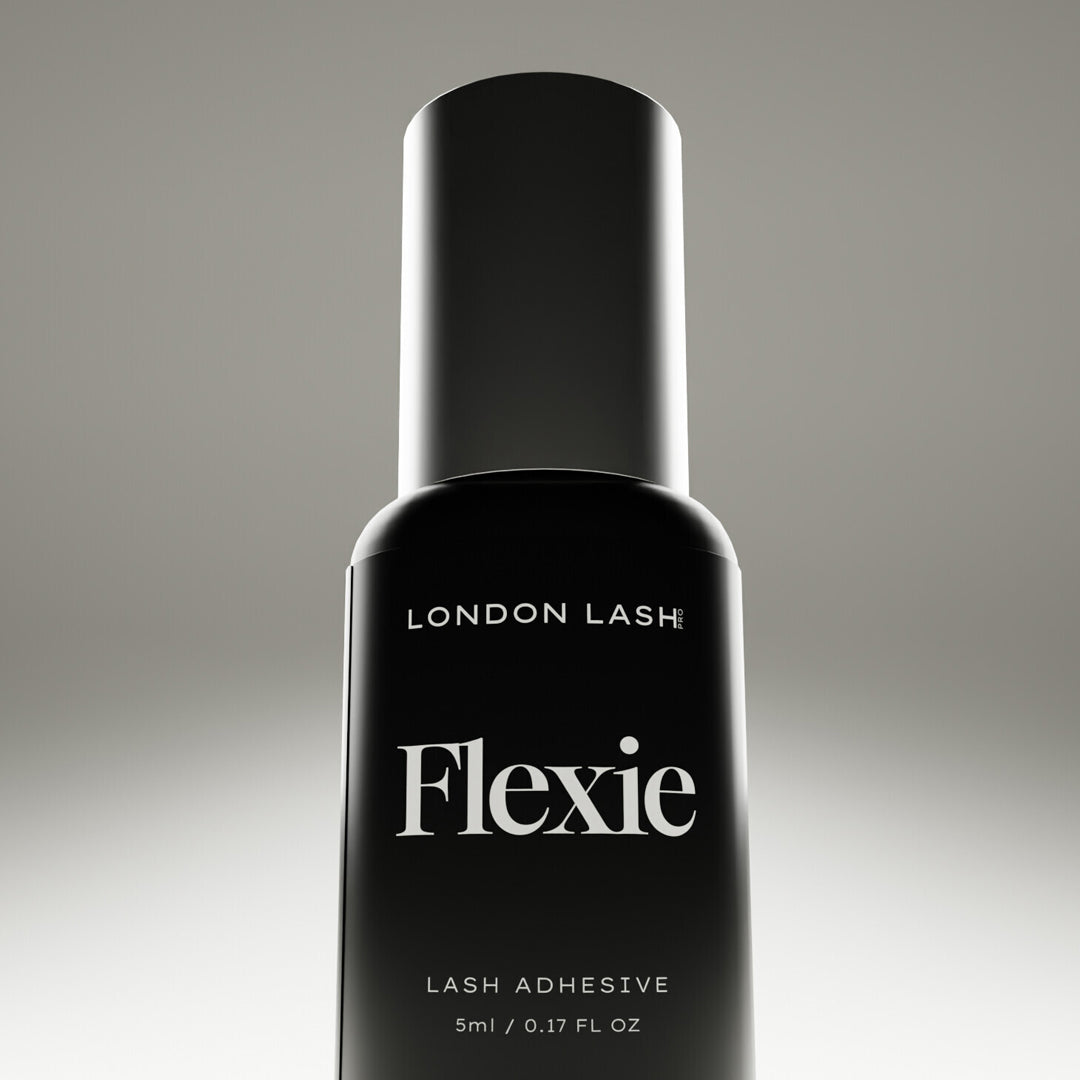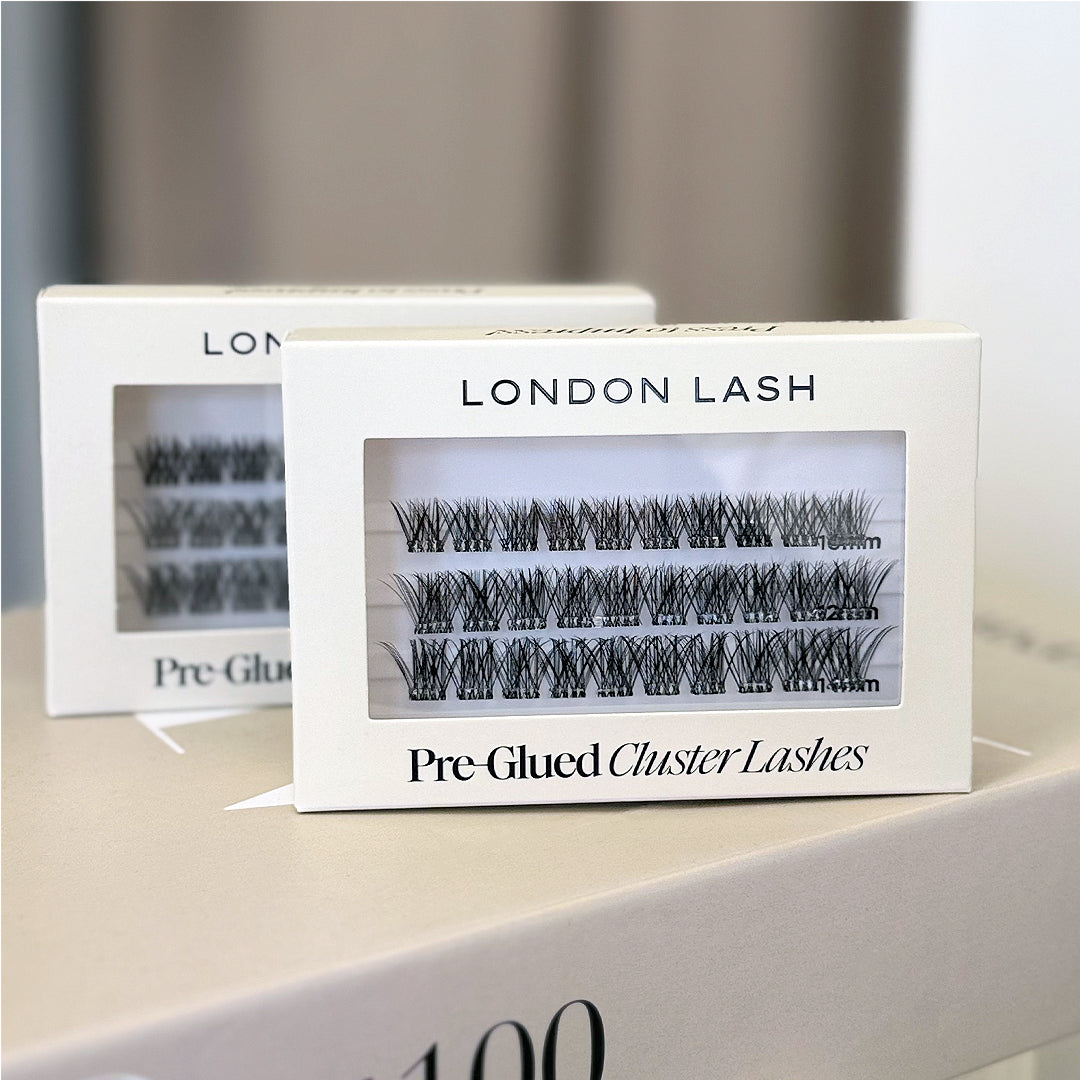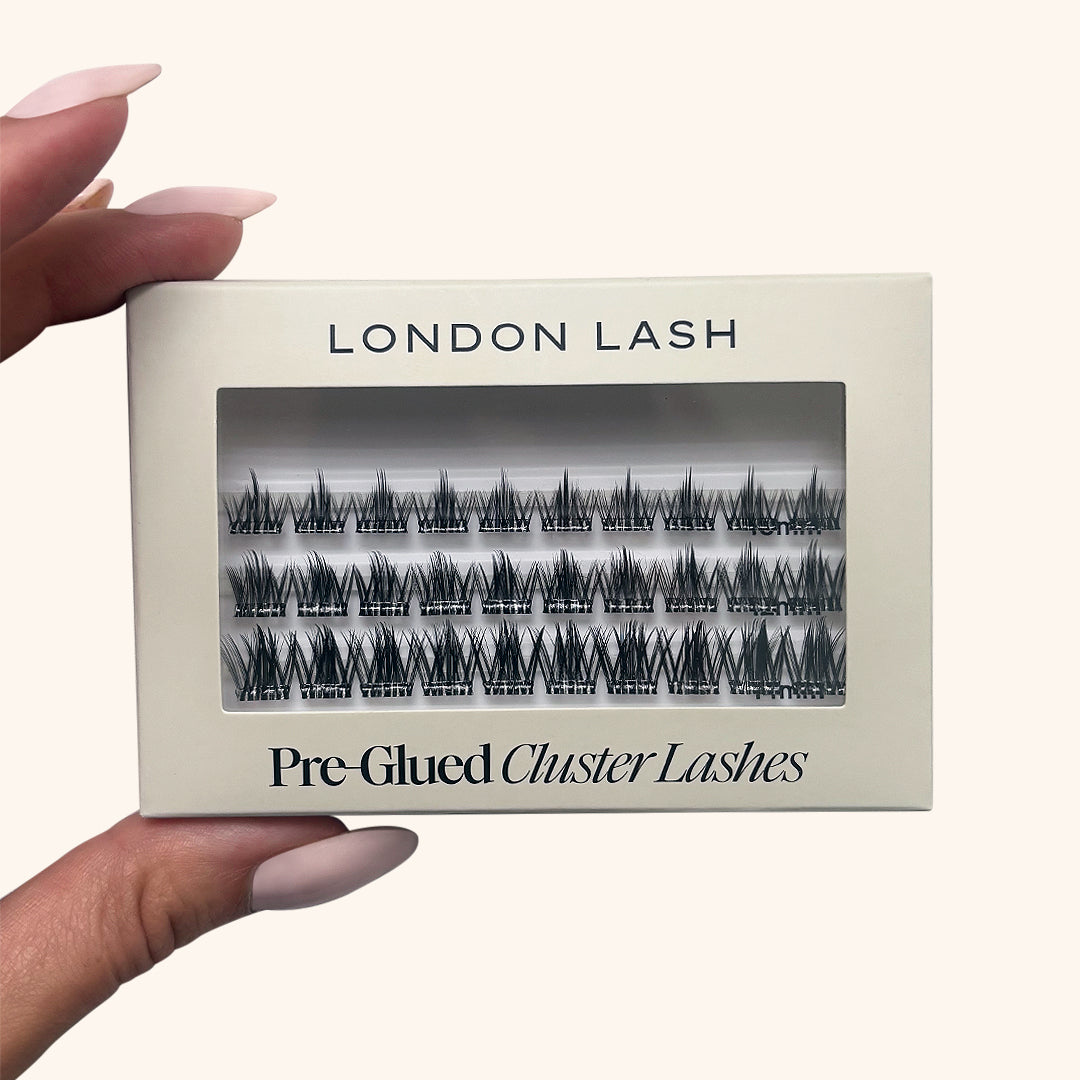Glues & Liquids
EYELASH EXTENSIONS
TRAINING
Educators Club
Pre-Glued Cluster Lashes
Our Pre-Glued Cluster Lashes
Cancellation Policy 101 - No More No Shows
3 min read

I’m sure every single one of us has been in a position where we had a client simply not show up, right? Or maybe they told us they weren’t able to make it so close to their appointment time that it was impossible for us to book someone else in that spot. At best, this is super annoying; at worst, we’re sat wondering how we’re going to pay all of our bills and put food on the table.

Whether you’ve had your beauty business for a while or you’re just starting out as a lash technician, implementing a cancellation policy or no-show policy is fundamental. Clear policies help protect your income, reduce stress, and set professional boundaries for your lash business.
What Should Your Policy Be?
The terms of your policy are ultimately down to you as a business owner, but taking a deposit is a must. A 30–50% deposit of the treatment price is ideal. That might sound like a lot, but let’s look at why this works for both your lash salon and your clients.

Let’s say a full volume lash set costs £150. Receiving £50–£75 for your time is far better than £15 if your deposit is only 10%. £15 is lunch; £75 helps cover your water bill.
A larger lash appointment deposit ensures you’re being paid for your time. You won’t sit doing nothing — you’ll update your social media for lash artists, clean your lash space, create content, or research your next lash course.
If I pay £75 for something, I’m showing up. If I only pay £15 and stumble across another plan, I might just forfeit it. Payment platforms like Klarna also show that clients prefer splitting payments. Offering deposits or part-payments for lash extensions can even help attract new customers.
When deciding on cancellation notice periods, consider how quickly you can refill appointments. Can you replace a client within 24 hours, or do you need 48 hours’ notice? This timeframe should define your lash cancellation policy.

Should You Refund a Deposit?
Ideally, no — otherwise the deposit loses its purpose. A better option is to transfer the appointment rather than refunding it.
If a client cancels due to an emergency, you’re within your rights to keep the deposit but move the booking. The client still gets their lash extensions, you’re compensated for lost time, and the relationship stays positive.
You may also want to introduce a cancellation fee, which is usually smaller than a deposit. For example:
-
Full lash set: £100
-
Deposit: £50
-
Cancellation fee: £30
You might charge this fee if:
-
A client reschedules a prepaid appointment at short notice
-
You don’t normally take deposits (such as for infills or regulars)
A common and effective practice is to not rebook a client until the cancellation fee is paid. Don’t be afraid to ask — this is your livelihood, and professional lash technicians deserve respect for their time.

Of course, emergencies happen. For loyal, long-term clients facing illness or family issues, you may choose to refund or waive the fee. Just remember: consistency is key. If you bend the rules too often, the policy loses its effectiveness.
Things to Consider
Your policy should be super clear and written in accessible language. This isn’t a mortgage agreement — it’s a lash appointment policy.
Make sure it’s visible:
-
On your lash website
-
In booking confirmation emails
-
In appointment reminder texts
-
On social media posts
-
Printed in your salon
Clear communication protects you, your staff, and your beauty business income.

Can I Have A Different Policy for Cancellations and No-Shows?
Absolutely. Many lash artists use a non-refundable deposit for both, but enforce a stricter rule for no-shows. Some require the client to pay the full cost of the lash treatment if they don’t turn up at all — especially for repeat offenders.
While enforcement can be tricky, having this policy in place often makes clients think twice before missing their appointment.
Check out these featured products
Subscribe
Sign up to get the latest on sales, new releases and more …
















